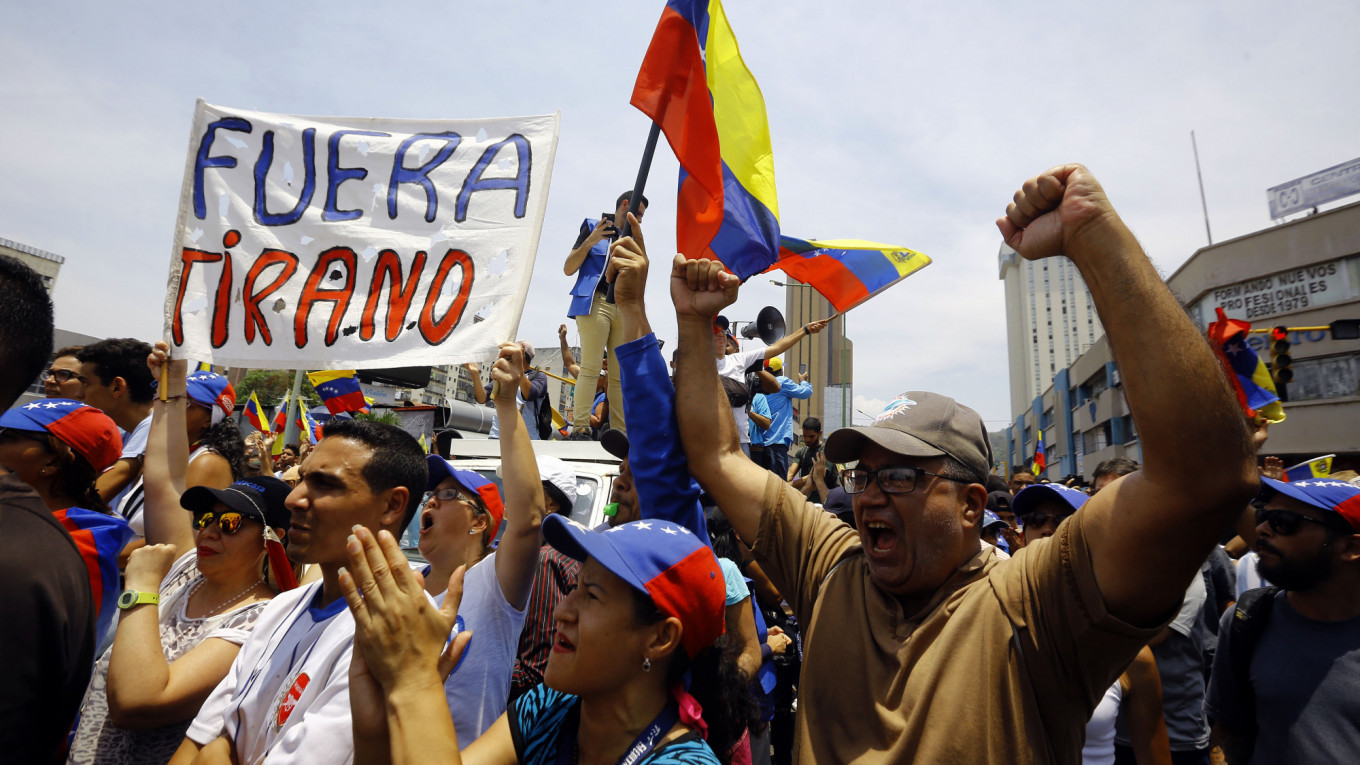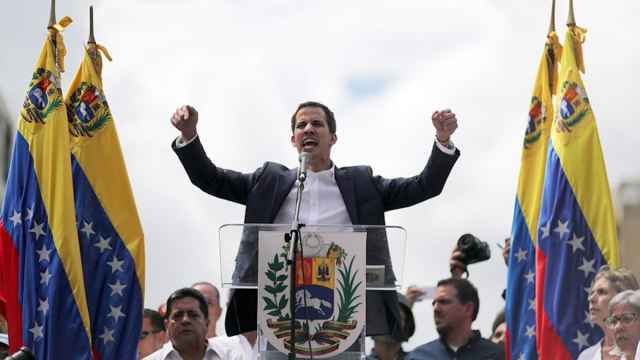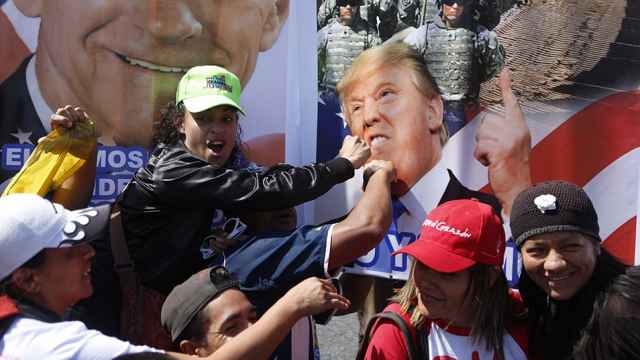The international community should continue fostering dialogue between the government in Venezuela and the opposition, but not in order to impose its own agenda, Russian Foreign Minister Sergei Lavrov told reporters during a visit to Havana.
In the joint news conference with his Cuban counterpart Bruno Rodriguez, Lavrov said Havana and Moscow agree that Venezuela's political crisis should be resolved pacifically through dialogue and without foreign interference, in a jibe at the West.
Both countries are staunch allies of Venezuelan President Nicolas Maduro, while most Western powers have recognized opposition leader Juan Guaido as the country's legitimate leader, arguing that Maduro's 2018 re-election was fraudulent.
Talks between the Venezuelan government and the country's opposition are continuing in Barbados, the foreign ministry of mediator Norway said late last week in a rare statement about the progress of the discussions. This was the latest round of talks that began in Norway in May in an effort to resolve the stalemate resulting from Maduro's disputed re-election.
"Regarding the contacts stimulating direct dialogue between the government and opposition — we want these to develop but again we want to mention that these should strengthen dialogue and not aim to impose" certain results, Lavrov said.
Russia's foreign ministry website on Tuesday cited interviews Lavrov had given in Latin America in which he said the situation in Venezuela was changing for the better.
Moscow had been in touch with Venezuela's opposition and told it not to "decide its domestic problems by provoking external interference," Lavrov was quoted as saying.
Rodriguez said on Wednesday Cuba remained profoundly loyal to the administration of Maduro.
A Message from The Moscow Times:
Dear readers,
We are facing unprecedented challenges. Russia's Prosecutor General's Office has designated The Moscow Times as an "undesirable" organization, criminalizing our work and putting our staff at risk of prosecution. This follows our earlier unjust labeling as a "foreign agent."
These actions are direct attempts to silence independent journalism in Russia. The authorities claim our work "discredits the decisions of the Russian leadership." We see things differently: we strive to provide accurate, unbiased reporting on Russia.
We, the journalists of The Moscow Times, refuse to be silenced. But to continue our work, we need your help.
Your support, no matter how small, makes a world of difference. If you can, please support us monthly starting from just $2. It's quick to set up, and every contribution makes a significant impact.
By supporting The Moscow Times, you're defending open, independent journalism in the face of repression. Thank you for standing with us.
Remind me later.






